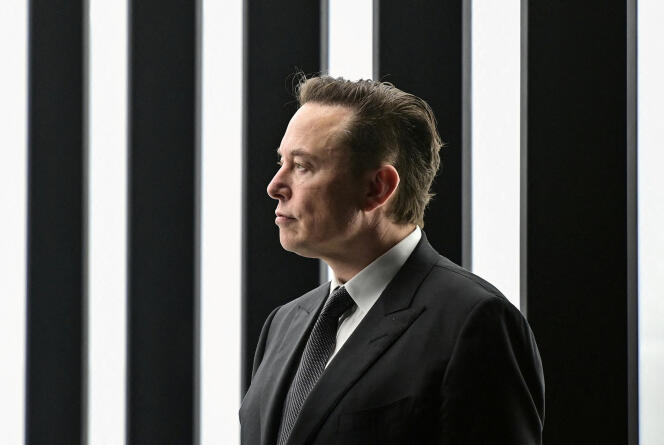


It is possible to become the key master and then use those keys to lock yourself up in a narrow prison. This is the paradox of Elon Musk, who became owner and boss of Twitter (becoming X in July) on October 27, 2022, and a year later, seemed in every way to be a mental prisoner of the platform.
Of course, when the capricious boss of Tesla Motors and SpaceX got his hands on the social media network with the blue bird, the former was not a rumor-proof genius, nor the latter a haven for measured discussion. Twitter was already known for its chaos, and the former world's richest man was known for his immoderate use of the platform – so much so that after being accused of manipulating Tesla's stock price through inconsistent posts, Musk pledged to the Wall Street watchdog in 2019, to stop tweeting about his company.
But the marriage between the most politically scrutinized social media network and the most unpredictable billionaire soon gave birth to a festival of fanciful, tendentious and provocative allegations. No sooner had Twitter been bought out than the polarizing entrepreneur released a homophobic conspiracy theory, which he'd found on a far-right conspiracy site (something for which he later apologized). A few weeks later, as his brutal management sowed discord, he insinuated that a former Twitter employee, with whom he was in conflict, promoted the sexualization of children. He had already called a cave diver a pedophile after the man had the misfortune to criticize Musk's ideas in 2018. Conciliatory, American justice had seen this as mere invective.
But for Musk, falsehood isn't just a way of managing his conflicts. It's a garment he sheds increasingly rarely. Without batting an eyelid, the internet entrepreneur shares everything from fake news articles, as from apocryphal quotes, without ever seeming to question their authenticity.
In this respect, nothing is more unsettling than studying Musk's sometimes unfiltered reactions to vile assertions. A Trumpist influencer shared a manipulative video, attempting to make it appear against all evidence that the Capitol assailants on January 6, 2021, were escorted in by colluding police. The platform's boss jumped headlong into the trap and wrote "it's crazy. The public has been misled."
Another far-right influencer – a certain Kanekoa the Great – pondered a graph about the evolution of flu, and pretended to wonder "where it went in 2020 and 2021?" Without the slightest critical distance, Musk then commented: "Good question" – as if it were not his responsibility to do his own research when picking up the conspiracy refrain. "Strange," he again responded to another far-right account that had just shared a manipulative graphic about racist crime in the US.
You have 50% of this article left to read. The rest is for subscribers only.
